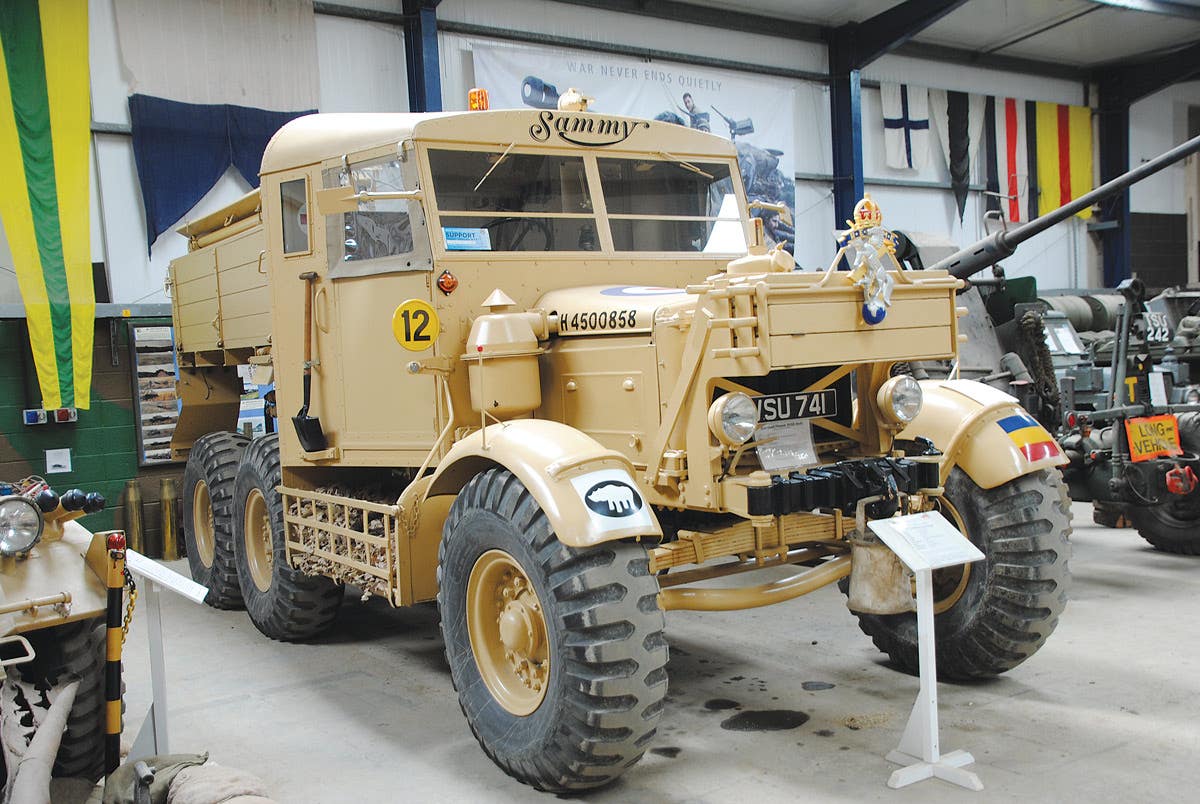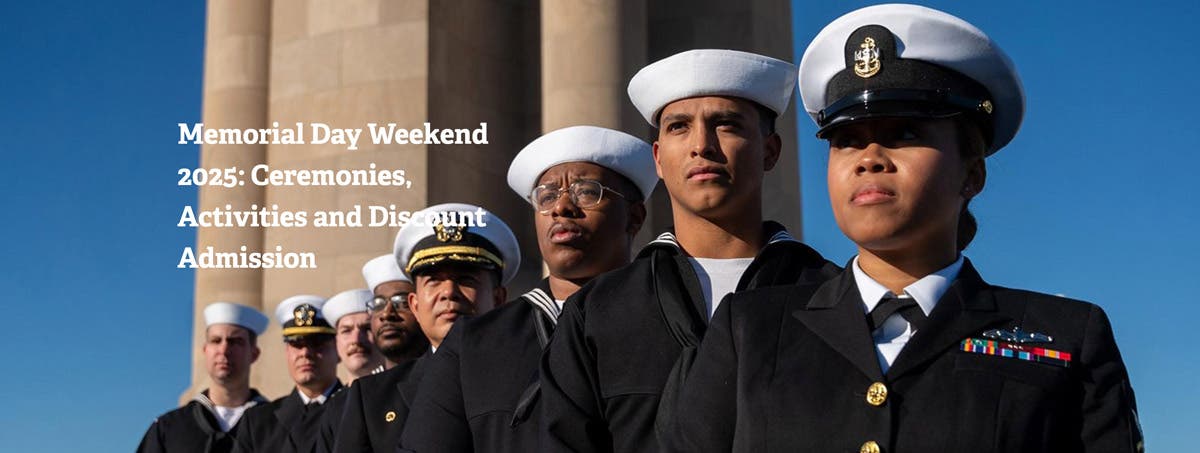NEW ORLEANS (AP)_ Only weeks before he died, a fighter pilot who shot down five enemy planes in 1943 during a battle that brought him the Medal of Honor told his family that he wanted to donate that medal to the National World War II Museum. The family of retired Marine Col. Jefferson DeBlanc did just that. The museum held a ceremony last month to formally accept the medal.
Marine Col. Jefferson DeBlanc pictured before his death late last year.
DeBlanc, who died Nov. 22, had been Louisiana's last surviving WWII recipient of the nation's highest military award for bravery, according to the museum. It said 464 Medals of Honor were issued for bravery during the second world war.
DeBlanc's is the second officially issued Medal of Honor given to the museum, which also has two unissued medals _ one from the Army and one from the Navy _ on display as examples.
The other was awarded to Johnnie David Hutchins, a Naval Reserve seaman who managed to swerve his LST (landing ship, tanks) out of a torpedo's path even though he had been mortally wounded when two bombs hit near the pilot house. Hutchins is buried at Eagle Lake near Houston.
DeBlanc was a lieutenant barely in his 20s when he led six planes to provide air cover for a bombing raid against the the Japanese in the Solomon Islands on Jan. 31, 1943.
He shot down two Japanese float planes and a fighter and was heading back to the Naval base at Henderson Field when he spotted two more Japanese planes coming up behind the bombers. All six American fighters were low on fuel. Henderson ordered the rest of the group back to base.
"Undaunted, he opened fire and blasted both Zeros from the sky in short, bitterly fought action which resulted in such hopeless damage to his plane that he was forced to bail out at a perilously low altitude atop the trees on enemy-held Kolombangara," the citation for his medal states.
Kolombarangara Island tribesmen captured him but traded him to a friendly tribe for a sack of rice. He was eventually picked up by a Navy float plane and reunited with his squadron.
He said in 1998 that he used a Japanese uniform stolen from a barge and traveled by night to reach a place where U.S. forces could be contacted and pick him up.
DeBlanc recovered from his wounds and went on to see action in several other campaigns in the war.
After the war, he returned to St. Martinville. He was a school teacher and administrator, and retired from the Marine Corps Reserve in 1972.







